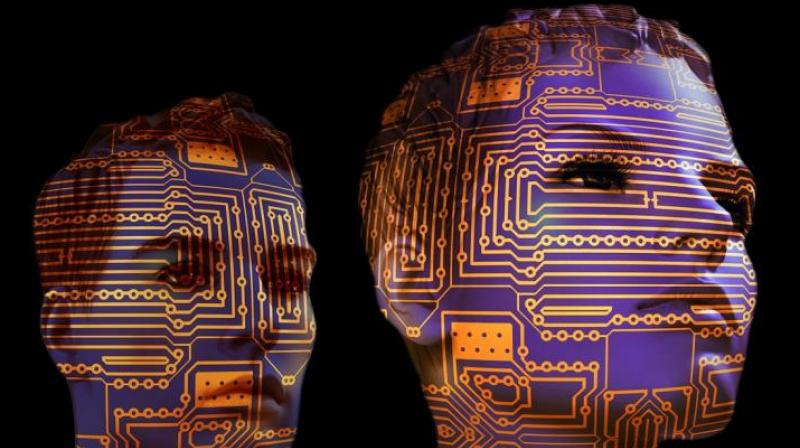How Artificial Intelligence is reforming logistic industry
Recent advancements in hardware, platforms and applications as well as newer algorithms have accelerated the commercialisation of AI.

Necessity is the mother of invention and performance improvement of any system in the way of maximising gains is the goal of a business. Artificial Intelligence (AI) is the most significant general purpose technology of the current Era. With techniques like machine learning (ML), it is possible to build a systems that can capable to improve their own performance by learning from data over time.
Recent advancements in hardware, platforms and applications as well as newer algorithms around the world have accelerated the commercialisation of AI. In India, the scope of AI applications is huge and growing. AI is moving from hype to reality and is increasingly cementing its importance as a building block for modern software and applications.
Although these technologies are still at a nascent stage and just started or about to start. In express logistics industry where time is most critical issue AI with ML can be a game changer. We are getting huge real-time data that comes every day from various sources like our websites, smartphone applications, and other telematics tools. This data is now being leveraged to optimise delivery schedules and even forecast, with the aid of predictive analytics, future demand in order to maximise resource utilisation. Data on geolocation, traffic and weather can be used for smart scheduling so as to overcome jams and allow for real-time route adjustments.
Further, AI and ML come into play in enabling semi-autonomous driver assistance, autonomous fleets for ride sharing, engine monitoring and predictive maintenance of vehicles. Advanced supply chains are being developed using expert decision systems. Automated vehicles and driver assistance systems enabled using computer vision can now transport goods more efficiently. These technologies reduce the vulnerabilities of a logistics caused on account of weather, traffic or unnatural events.
Autonomous vehicles can improve the energy efficiency of road transport by identifying most energy-efficient routes and speeds. Big data, IoT, and cloud-enabled vehicles communicate with transport infrastructure, which helps in managing vehicle flows, eco-driving, and effective traffic control. AI-enabled autonomous drones and sensors linked to IoT platforms can offer real-time traffic and logistics information for optimised routing.
But AI is a costly affair and data privacy and loss of human touch and expertise are the major drawbacks. In India, we have a huge deficiency of world-class IT infrastructure we are not able to operate high-speed Internet in every nook and corner of our country. These challenge needs to be addressed then we can adopt new technologies smoothly for the betterment of the society.
By: Chander Agarwal, MD, TCIEXPRESS

